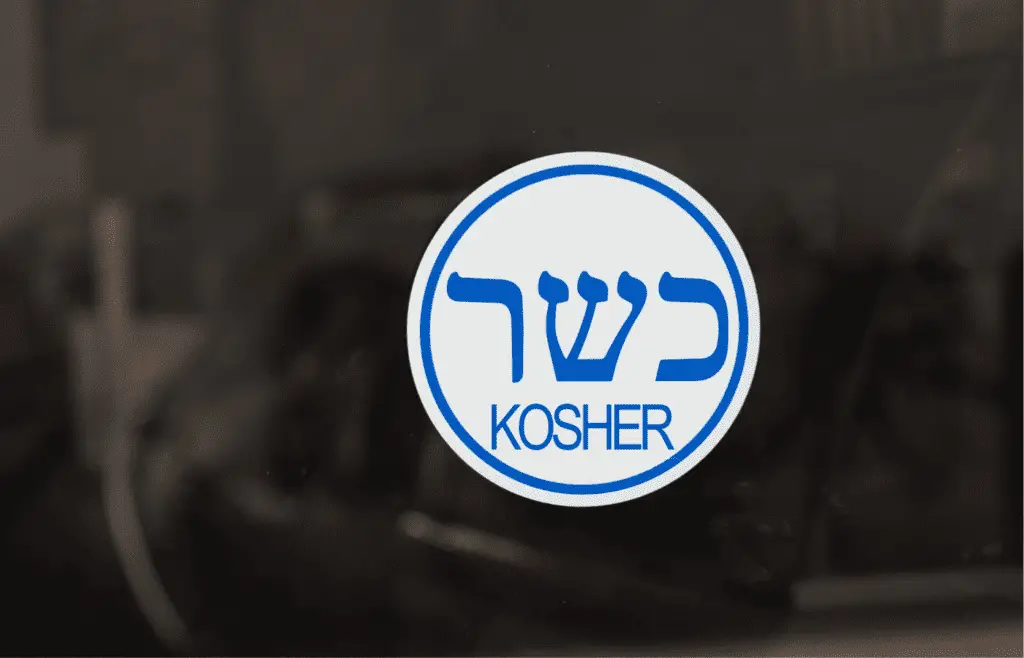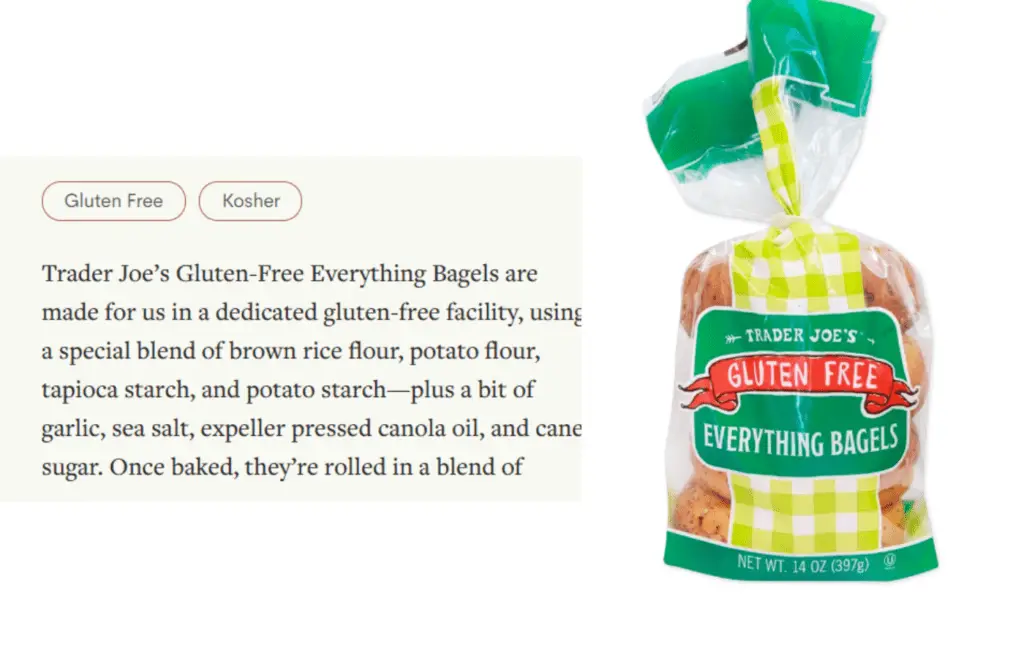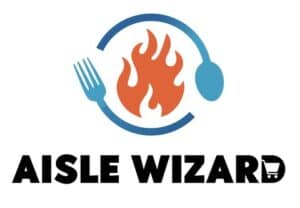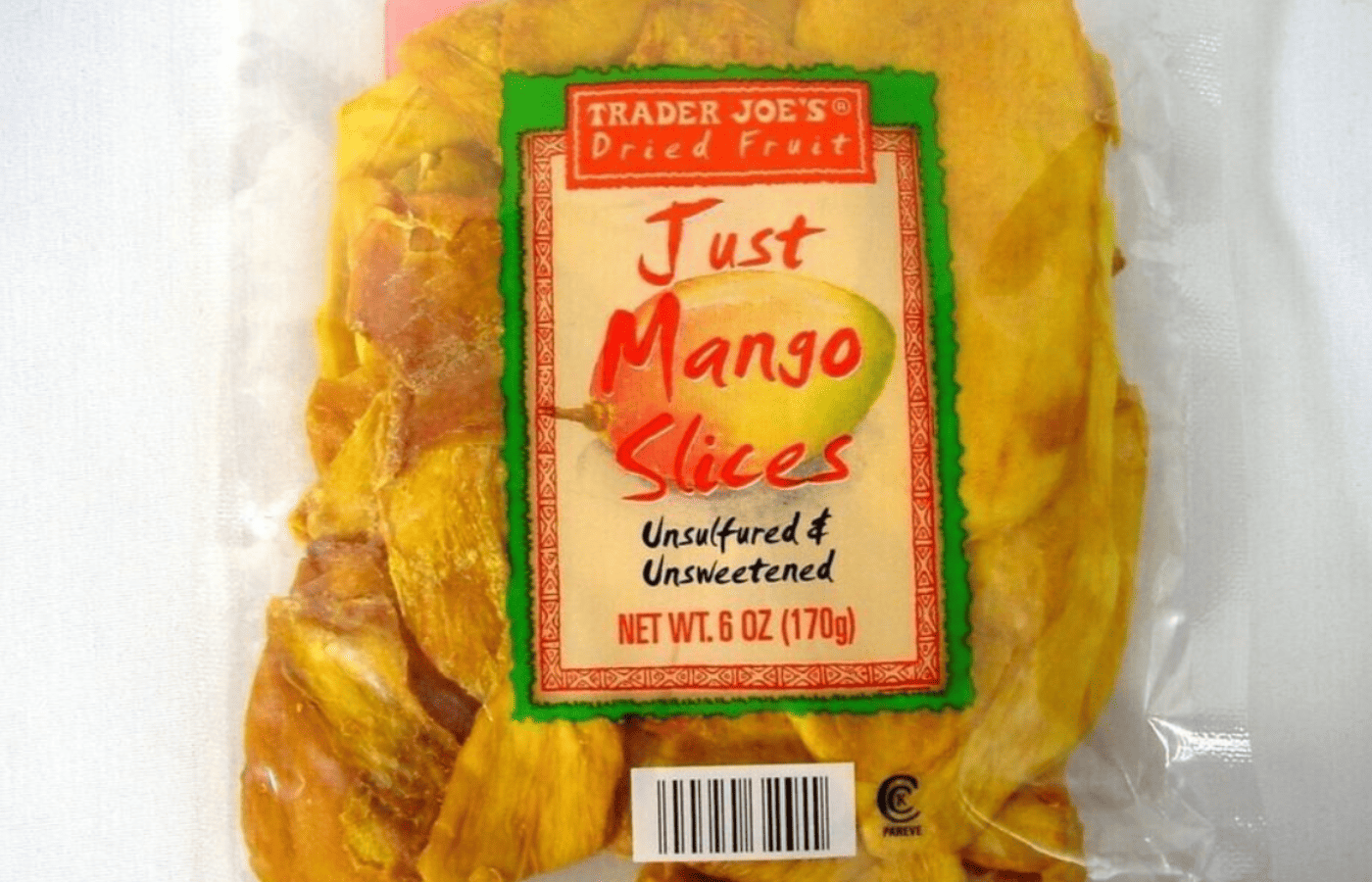Trader Joe’s provides its customers a different kind of shopping experience. Everything they have caters to special diets that range from allergens to religious requirements. Because they offer hosts of kosher certified products, you’ll find many Muslims and Jews shopping there. But, not everything they sell is good for a strict kosher diet.
So, what about Trader Joe’s dried mango, is it kosher? Technically, yes, it is kosher but it’s not appropriate for Passover. It all depends on how strictly a person follows a kosher diet. Here, we’ll discuss the ins and outs of a kosher diet, what it entails and the question of kosher certification in tandem with their dried mangoes.
Mangoes are something of a superfood, providing high levels of vitamin C and antioxidants. So, if you’re kosher or interested in this way of eating, keep reading to understand more about Trader Joe’s dried mango and how it relates to this thousands-year-old practice.
Navigating Kosher Certification

For newcomers and the uninitiated, kosher certification is a standard by which rabbis prepare food from living organisms, like animals in accordance with Jewish law. These laws come from the Bible, specifically Leviticus 11 and Deuteronomy 17. These laws and their interpretation of them are very exhaustive and complex.
For the sake of simplicity, kosher foods fall under three basic categories: meat, dairy and pareve (or parve). In general, “pareve” means it’s a neutral food that is neither meat nor dairy.
These are usually things like fruits, vegetables, grains and other wholly grown foods. All food categories have a specific handling and preparation guideline in order to be in accordance with Jewish dietary law.
Additionally, it is forbidden to eat animals considered filthy, like pork and bacon. Furthermore, it is against the law to mix meat and dairy. So, kosher diets do not allow things like cheeseburgers, chicken alfredo or Korean corn dogs. Plus, Passover has its own set of very strict rules for food preparation and consumption.
Kosher Labeling
Because of these intricacies, it’s impossible for the average person to know whether something is kosher or not just by looking at the package.
So, they have developed labeling standards for people to easily identify what’s kosher, what’s good to eat on Passover and what to avoid. But there are thousands of certification agencies that have their own designs, with each state having their own organizations. The list is as follows:
- K: kosher certified
- D after K: there is dairy in the product or it shared equipment that also processes dairy
- Circled K: the OK Kosher Certification agency inspected the product
- Pareve/Parve: neutral; not meat or dairy but still kosher
- Circled U: can mean pareve but it can also indicate the certification agency, Orthodox Union
- P: appropriate for Passover
Trader Joe’s Kosher Certification

Trader Joe’s prides itself going beyond the call of duty to provide as many bona fide kosher products on their shelves as they can. This is a far safer place to shop than a typical national chain, where their certifications can be iffy at best.
However, because Trader Joe’s sources their products from multiple suppliers, it’s upon the supplier to obtain the certification label.
This means almost every kosher certification agency has at least one Trader Joe’s product on their list. Also, if you use Trader Joe’s website to search for “kosher,” you won’t find it.
But, going into the products section, you can click on the “kosher” category and a whole list pops up. Other than that, you’ll have to look at photos online or inspect them in the store.
Kosher Status of Trader Joe’s Dried Mango
The dried mango available at Trader Joe’s has a “K” along with “pareve” listed on the front of the package. This means it’s kosher and neutral, since it’s a fruit. However, according to Orthodox Union, who certifies this particular product, it is not appropriate for Passover.
Presumably, the process of drying and packaging the mango shares equipment with other meat and dairy products. So, while mango is kosher by its very nature, there is a likelihood of cross-contamination.
A strict diet in this regard during Passover means you can eat raw mangos, find a different kosher-certified product or dry them yourself.
To check the current price and availability of Trader Joe’s Dried Mango, click here to view the listing on Amazon.
Verifying Kosher Status
If there is any question about a product’s kosher status, it’s imperative to verify it before consuming. First, do a search online to see what comes up. In most cases, the product will appear on one of the thousands of certification agencies. But, if not, there are a couple of smart device apps that can help.
- Is It Kosher?: Assists with finding kosher food at any store all over the globe
- Kosher Near Me: An international app to find stores and restaurants with kosher offerings
Of course, you can always contact the certification agencies independently. All of them offer a searchable list of products they endorse with details about the UPC, the product, the producer and its OK for Passover.
If there is doubt beyond the label and inquiring with a certification agency, then it’s advisable to ask a rabbi about a product’s authenticity. It’s the only surefire way to be in accordance with a kosher diet under the auspices of the law.
Final Thoughts
Kosher dietary requirements are very strict and complex. The average person simply cannot know whether something is kosher or not by looking at a package. One must identify the symbols on the package. If there is no symbol, it’s often not going to be appropriate.
In terms of Trader Joe’s dried mango, it is kosher and you can eat it any time of year except during Passover. This is because it shares the same facilities as things like dairy and meat. But, this is solely for the purposes of a strict orthodox practice.
When there’s a question about a product’s kosher status, you’ll have to do a little background research. You can download a smart device app, contact specific certification agencies or visit a rabbi.


